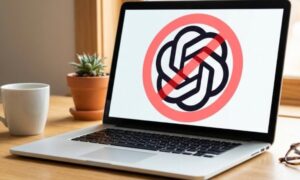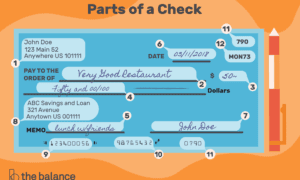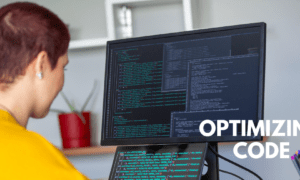Virtual Private Networks (VPNs) are becoming a necessary tool for everyone using the internet and looking to increase their security and privacy. But just as VPN usage has increased, so too have the dangers of possible vpnhacks. A safe and encrypted connection between your device and the internet is what VPNs are intended to establish.
VPNs obscure your IP address by passing your internet traffic through a server, which makes it more difficult for outside parties to track your online activity. Even while this technology is good at safeguarding your privacy, there could still be security holes in it.
This article aims to shed light on the vulnerabilities of VPNs and offer guidance on safeguarding your online activities
Typical Vulnerabilities for VPNs:
Logging Policies:
Not all VPN service providers follow a strict no-logs policy. Some might gather and keep user information, jeopardizing the very privacy users wish to maintain. Selecting a trustworthy VPN provider that is open about its logging practices is essential.
DNS Leaks:
DNS (Domain Name System) leaks happen when a VPN isn’t able to conceal the user’s DNS requests sufficiently, which exposes the websites they visit. Malicious actors may use this vulnerability to keep tabs on your internet activity. To make sure your VPN is working properly, check it frequently for DNS leaks.
IP Address Leaks:
You should use a VPN to mask your real IP address. However, VPNs with weak security mechanisms or improper configuration may unintentionally reveal your IP address, revealing your
Insecure Protocols:
To create secure connections, VPNs employ a number of different protocols. Hackers may take advantage of antiquated or unsecure protocols. To reduce security threats, always choose VPNs that use robust encryption protocols like Open VPN or IKEv2.
Malevolent VPN Providers:
Not every VPN service is made equally. Some might be fronts used by hackers to obtain user information. Look into and select reliable, long-standing VPN companies that have a track record of committing to privacy and security.
Top 7 Safe and Reliable VPN Hacks:
Pick a Reliable VPN company:
Do your homework and choose a VPN company that has a transparent no-logs policy and a solid security record. Before deciding on a service, read customer reviews and take professional advice into account.
Update Your VPN Software Frequently:
Make sure your VPN program is up to date. Updates are frequently released by developers to improve security and fix vulnerabilities. Updates on a regular basis guarantee that you are safe from the most recent attacks.
Use Strong Passwords:
Use a complicated, one-of-a-kind password to increase the security of your VPN account. To guard against potential breaches, avoid using the same password on several different services.
Turn on the Kill Switch:
A lot of VPNs come with a feature that, in the event that the VPN connection abruptly collapses, kills your internet connection. This keeps your information safe from being accessed.
Enable a firewall:
A firewall keeps an eye on all incoming and outgoing traffic while serving as a barrier between your devices and the internet. It contributes to the prevention of harmful software and illegal access by adding another level of protection. Turn on a firewall on your device and your home router, if you can.
Two factor authentication:
Adding two-factor authentication, you may greatly lower the likelihood of unwanted access to your accounts. Use app- or hardware-based MFA or 2FA whenever possible in place of SMSes.
Secure your Router:
The entry point to your home network is your router. To prevent unwanted access, use strong encryption (such as WPA3), change the default login and password, and update the firmware often. It is possible to set up a lot of routers to block access from outside your home, which will stop anyone from finding out your router’s IP address.
Conclusion
In conclusion, users should be mindful of potential weaknesses even if VPNs are effective tools for improving online privacy and security. People can reduce the chance of becoming a hacker and increase the efficiency of their VPNs by applying recommended practices and comprehending typical hazards. To enjoy a safer online experience, keep yourself informed, use reliable providers, and update your security measures frequently. A good VPN can open the door to worldwide streaming greatness.





























